Is Christianity at War with Science?
The claim that Christianity is at war with science is one of the most common claims I hear from young people today. In fact, the belief that Christianity is opposed to modern science is one of the top reasons young people cite for leaving the church.[1] That’s why in the updated Evidence that Demands a Verdict, my father and I respond to this charge before advancing the historical evidence for Christianity.
But where did this idea come from? Is it accurate? In 1896 Cornell University president Andrew Dickson White released a book entitled A History of the Warfare of Science with Theology in Christendom. White is largely credited with inventing and propagating the idea that science and Christianity are adversaries in the search for truth. White cast Christians as fanatics who clung to scriptural claims that the earth was flat. But is this account true? Sociologist Rodney Stark responds,
White’s book remains influential despite the fact that modern historians of science dismiss it as nothing but a polemic—White himself admitted that he wrote the book to get even with Christian critics of his plans for Cornell . . . many of White’s other accounts are as bogus as his report of the flat earth and Columbus.[2]
The Warfare Myth
Why has this warfare myth been so influential? The truth is that the supposed warfare between religion and science is a polemical device used in the secular attack on faith. In reality, theology was essential for the rise of modern science.
How so? In their book The Soul of Science, Nancy Pearcey and Charles Thaxton demonstrate that Christian assumptions, such as the conviction that nature is lawful (since it was the creation of a rational God) and that science is meant to alleviate toil and suffering, provided the backdrop for the emergence of the scientific revolution in Europe.
Most scientific pioneers were theists as well, including prominent figures such as Copernicus (1473–1543), Boyle (1627–1691), Newton (1642–1727), Pascal (1623–1662), Kepler (1571–1630), Pasteur (1822–1895), Bacon (1561–1626), and Max Planck (1858–1947). Many of these pioneers intently pursued science because of their belief in the Christian God.
The Real Conflict
While the theistic worldview fosters the development of science, ironically, naturalistic evolution undermines it. Since according to naturalism we humans are the product of a blind, purposeless, and unguided evolutionary process, how can we trust our rational faculties to produce true beliefs?
In his book Where the Conflict Really Lies, Notre Dame philosopher Alvin Plantinga explains that what naturalistic evolution guarantees is
…(at most) that we behave in certain ways—in such ways as to promote survival or more exactly reproductive success. The principal function or purpose, then, of our cognitive faculties is not that of producing true or verisimilitudinous (nearly true) beliefs, but instead that of contributing to survival by getting the body parts in the right place. What evolution underwrites is only (at most) that our behavior is reasonably adaptive to the circumstances in which our ancestors found themselves; hence it does not guarantee mostly true or verisimilitudinous beliefs. Our beliefs might be mostly true or verisimilitudinous; but there is no particular reason to think they would be: natural selection is interested, not in truth, but in appropriate behavior. (314–315)
Certainly, some Christians resist science. This is undeniable. And, as Plantinga observes, there are some beliefs individual Christians hold that are in tension with modern science. But this is only shallow conflict. No real conflict between theism and science exists. The real conflict—the deep conflict—is between science and naturalism.
Notes
[1] David Kinnaman, You Lost Me (Grand Rapids, MI: Baker Books, 2011), 135-136.
[2] Rodney Stark, For the Glory of God (Princeton, NJ: Princeton, 2009), 123
Sean McDowell, Ph.D. is a professor of Christian Apologetics at Biola University, best-selling author, popular speaker, part-time high school teacher, and the Resident Scholar for Summit Ministries, California. Follow him on Twitter: @sean_mcdowell and his blog: seanmcdowell.org

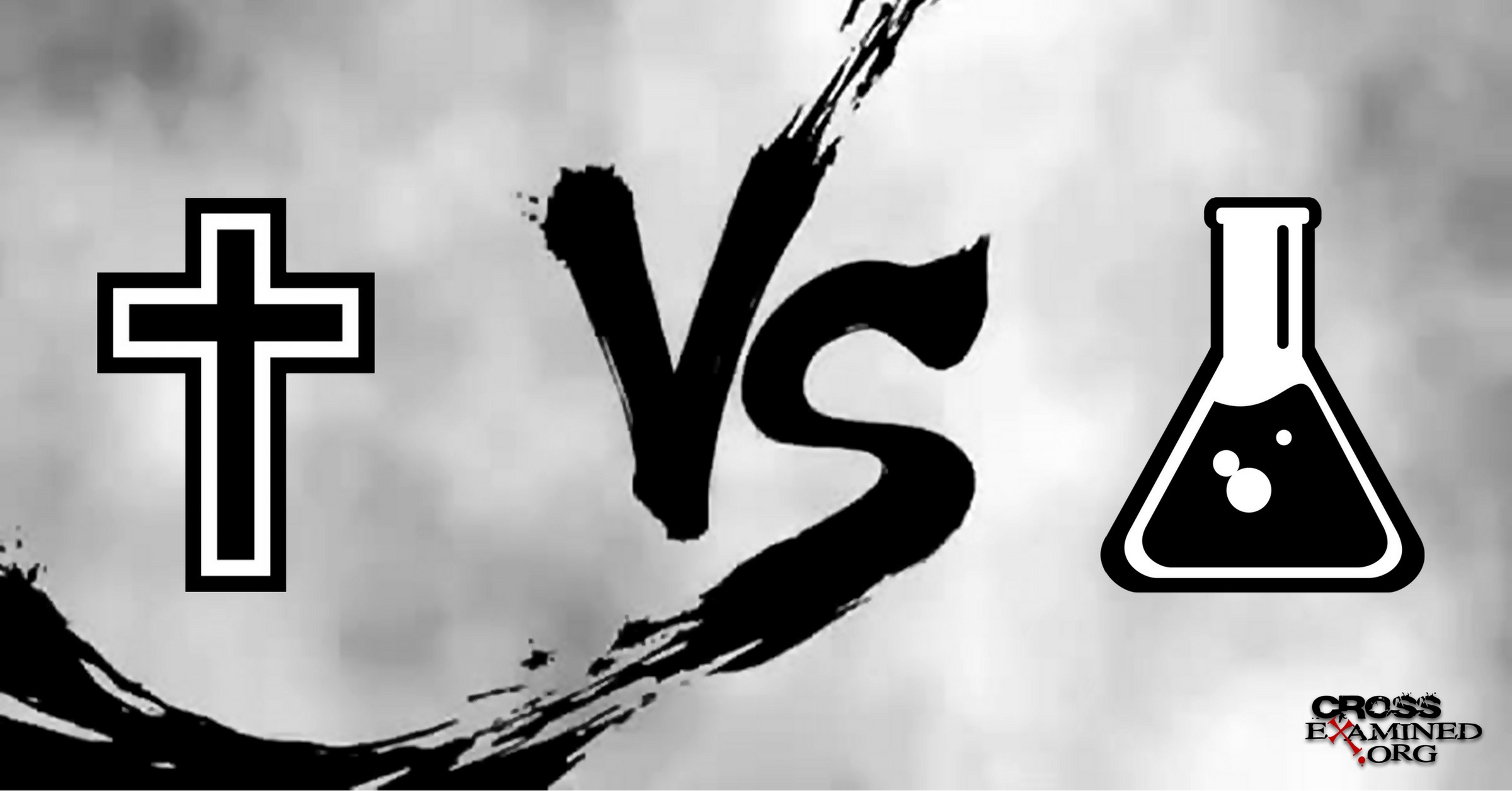

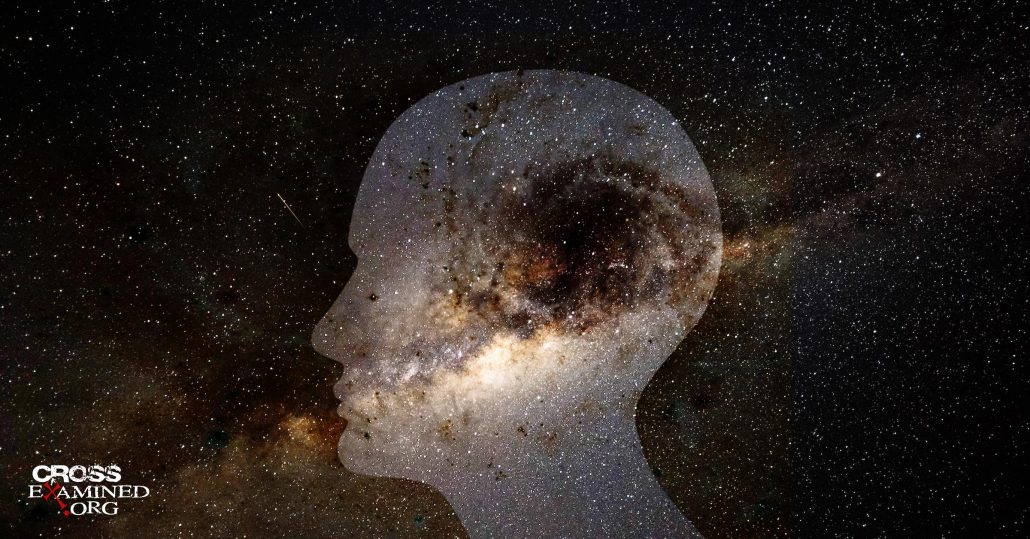
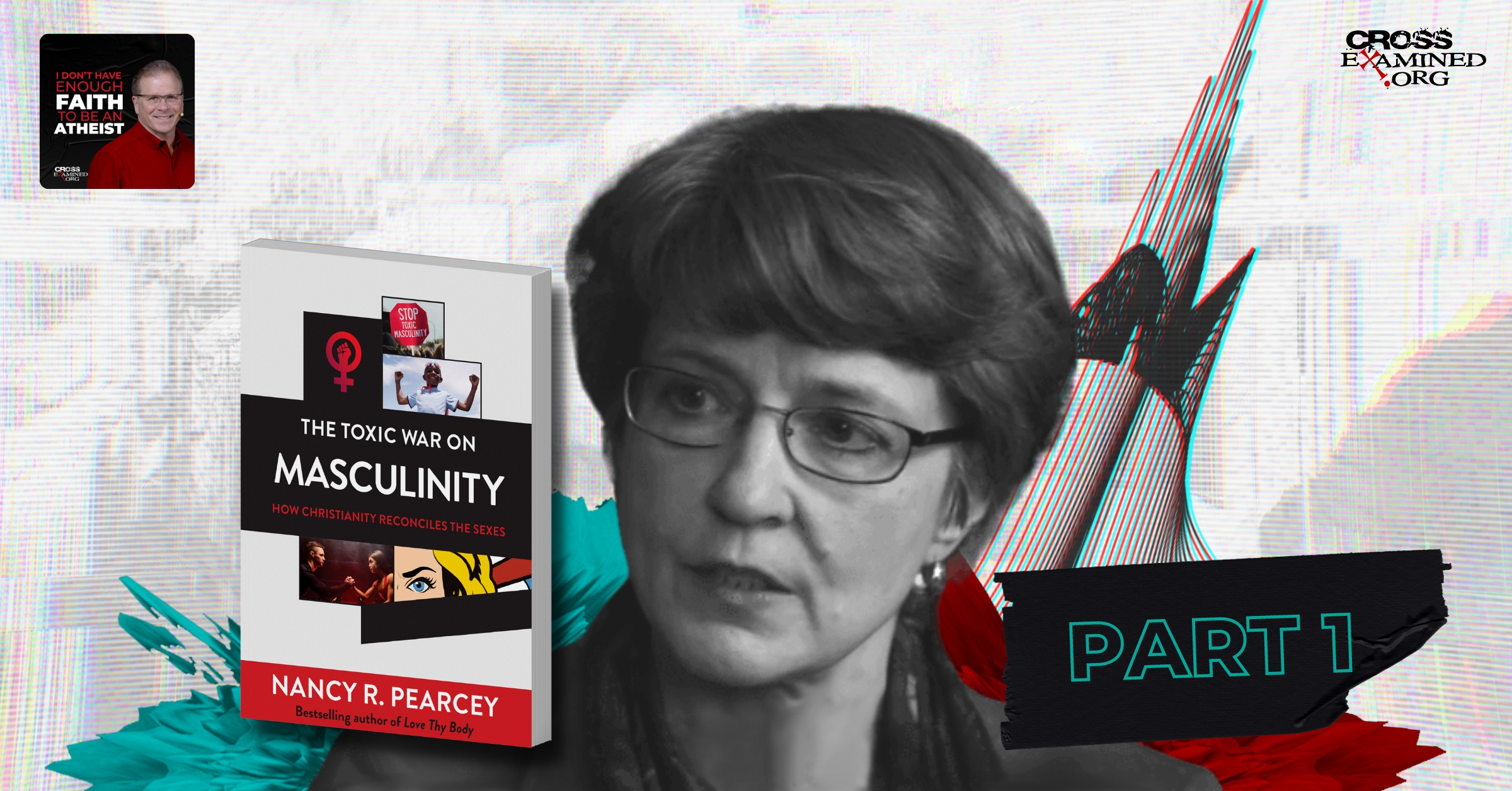

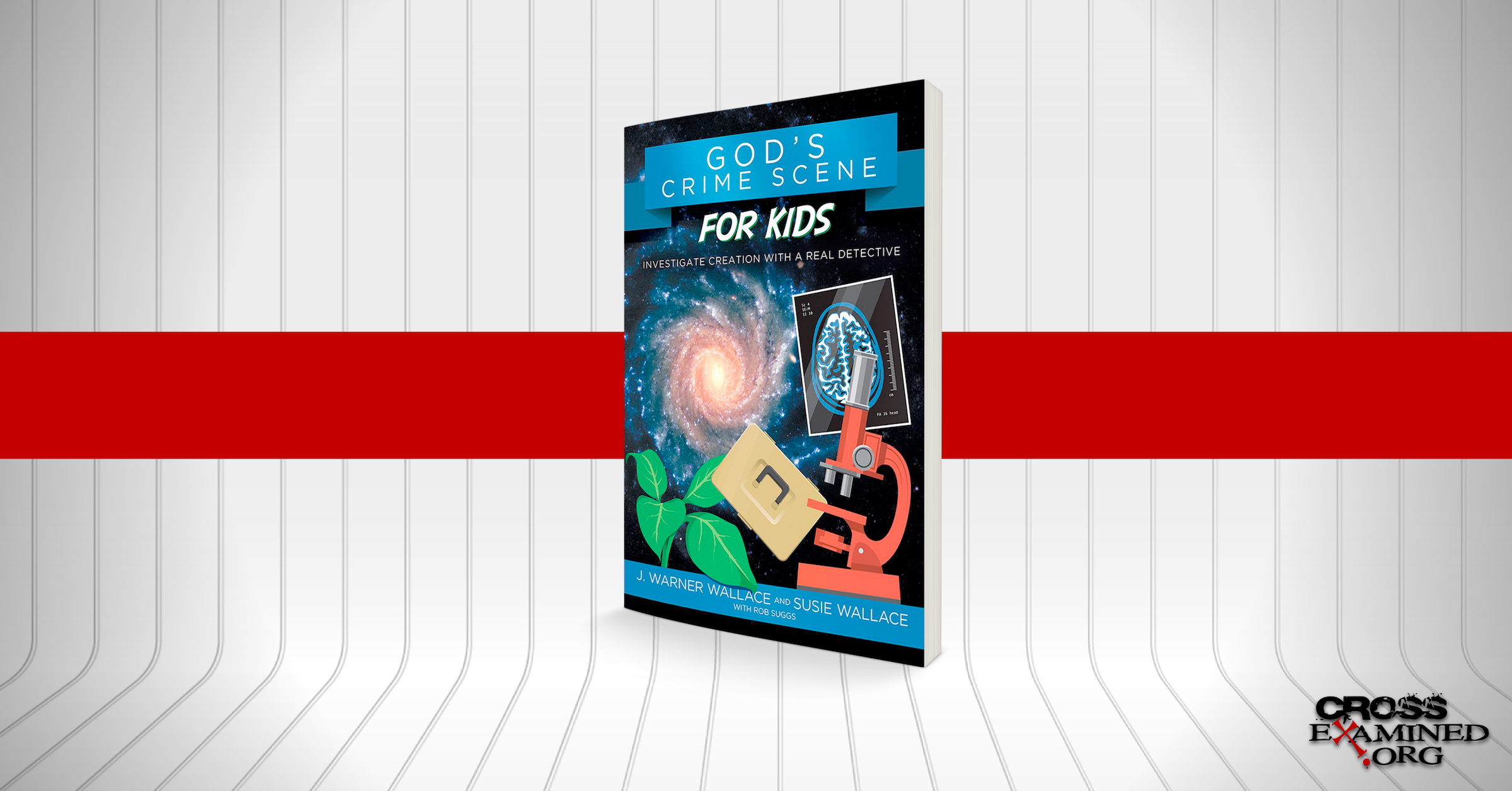



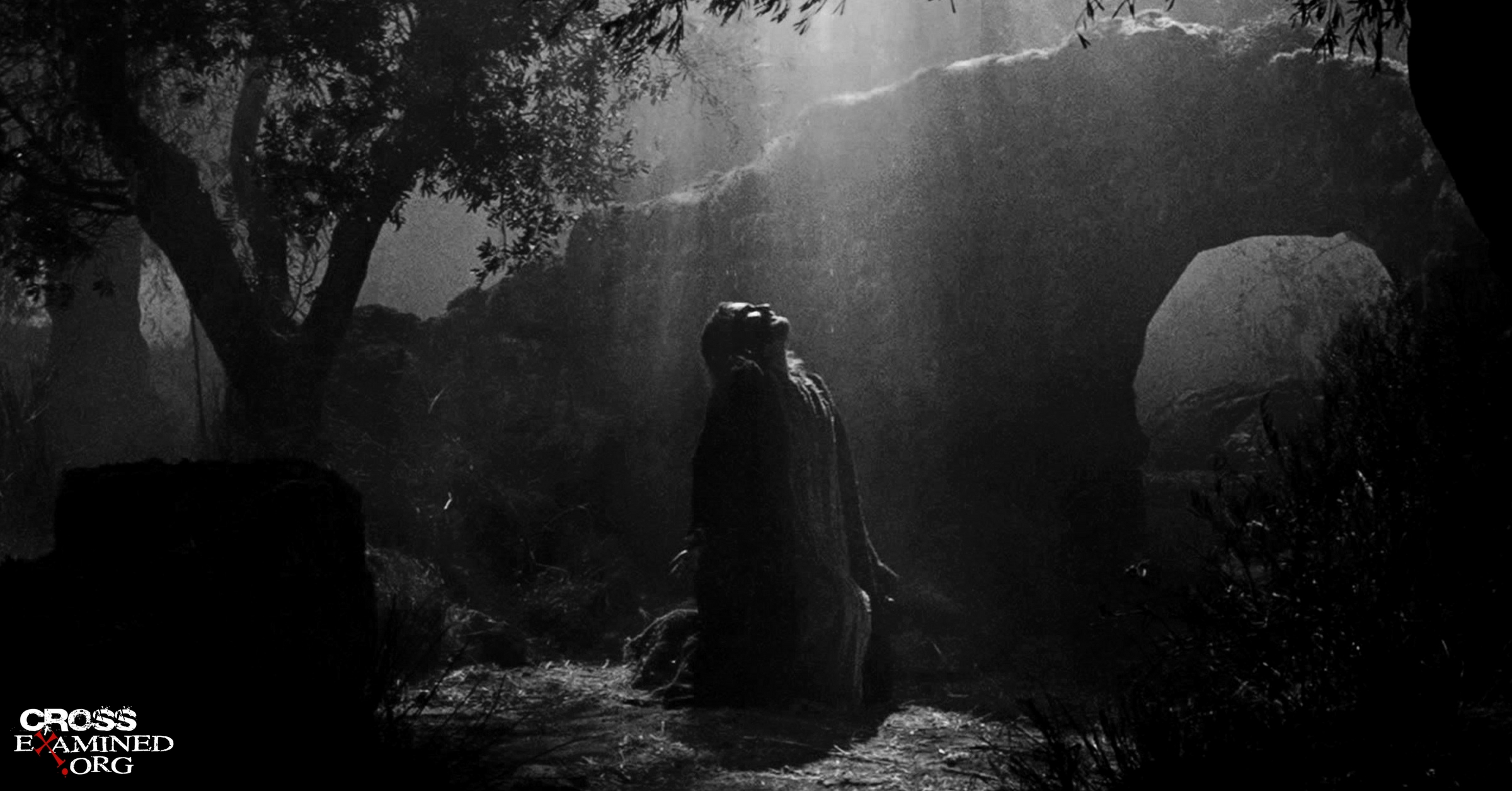

Leave a Reply
Want to join the discussion?Feel free to contribute!